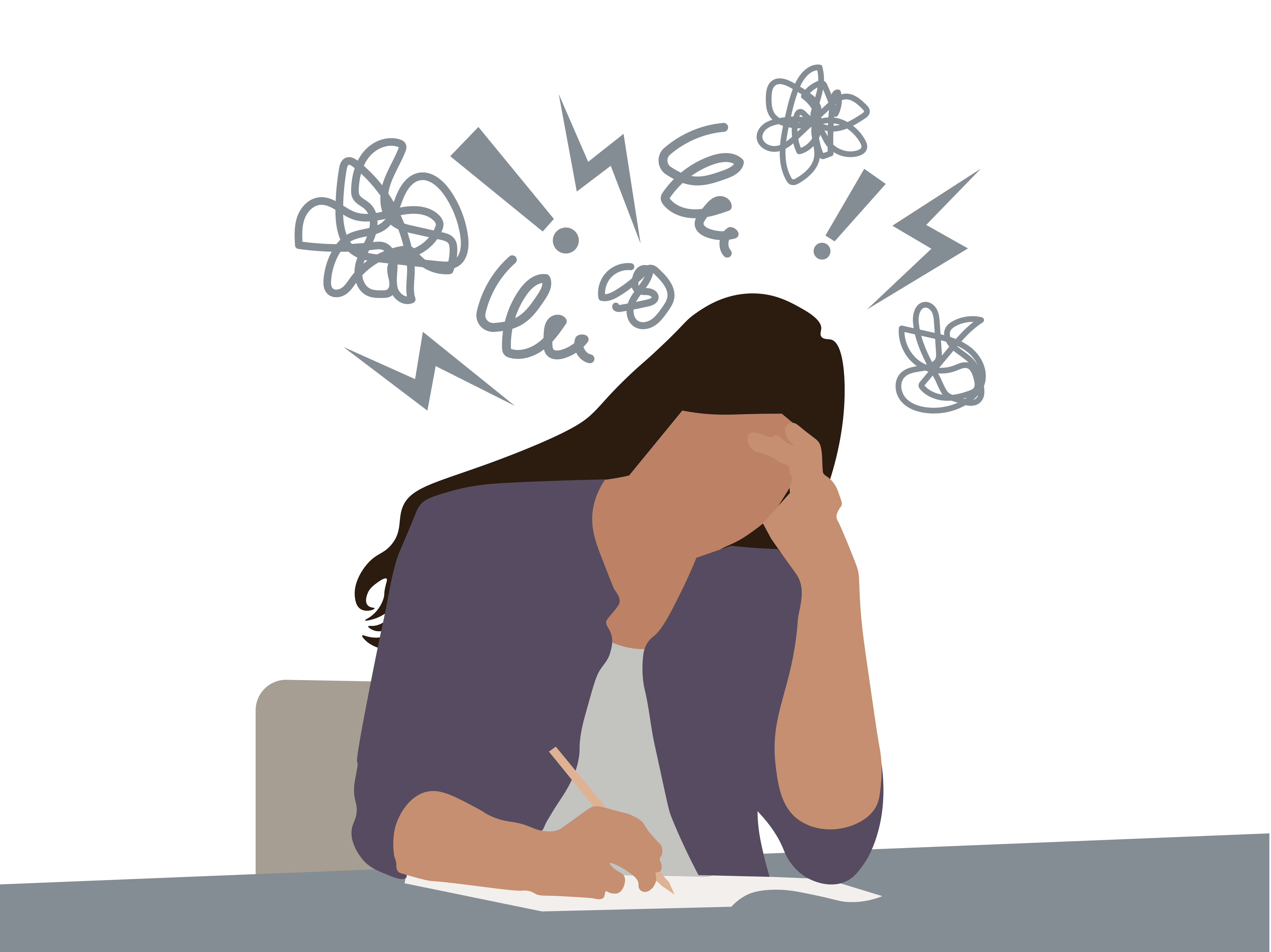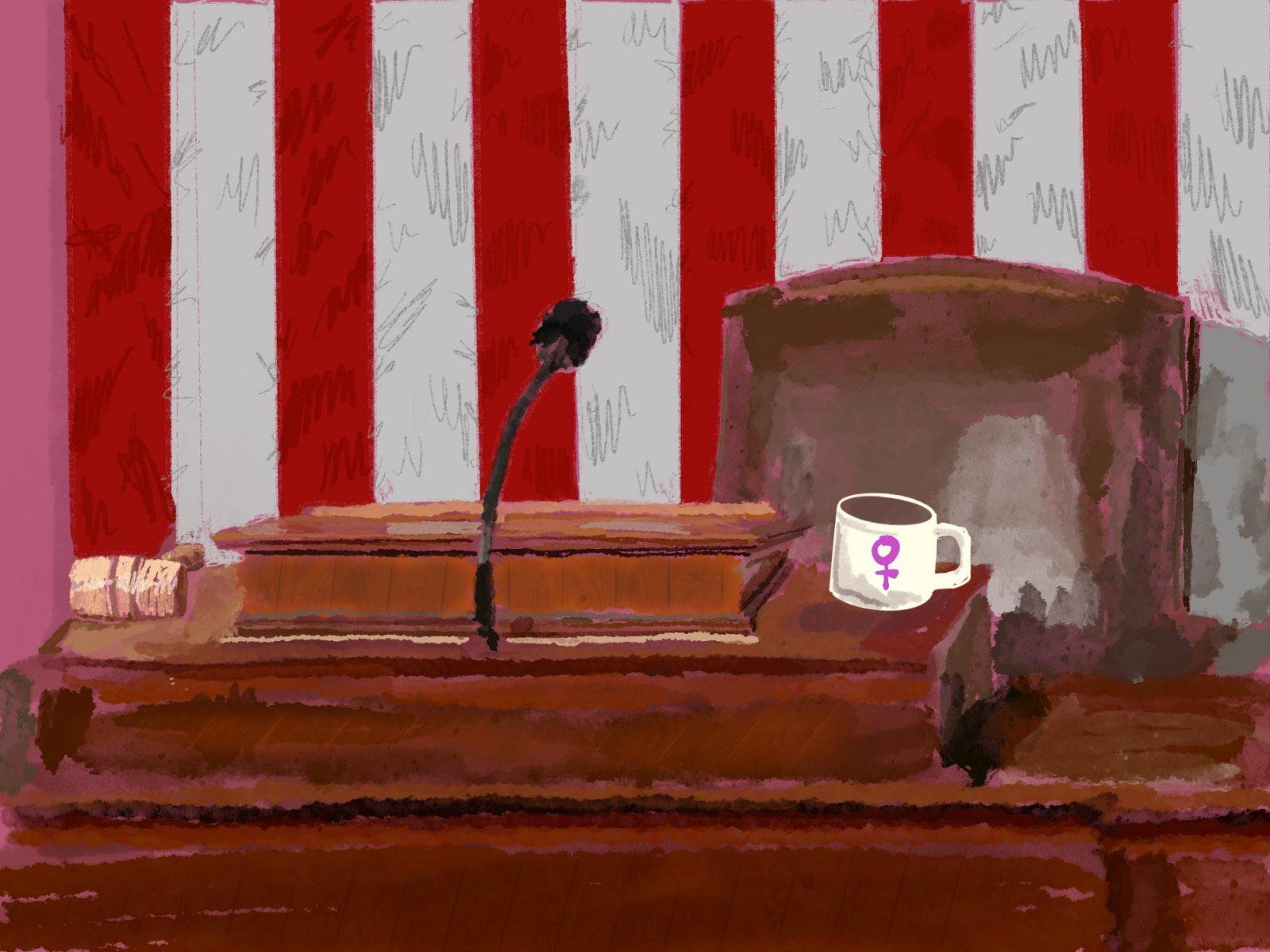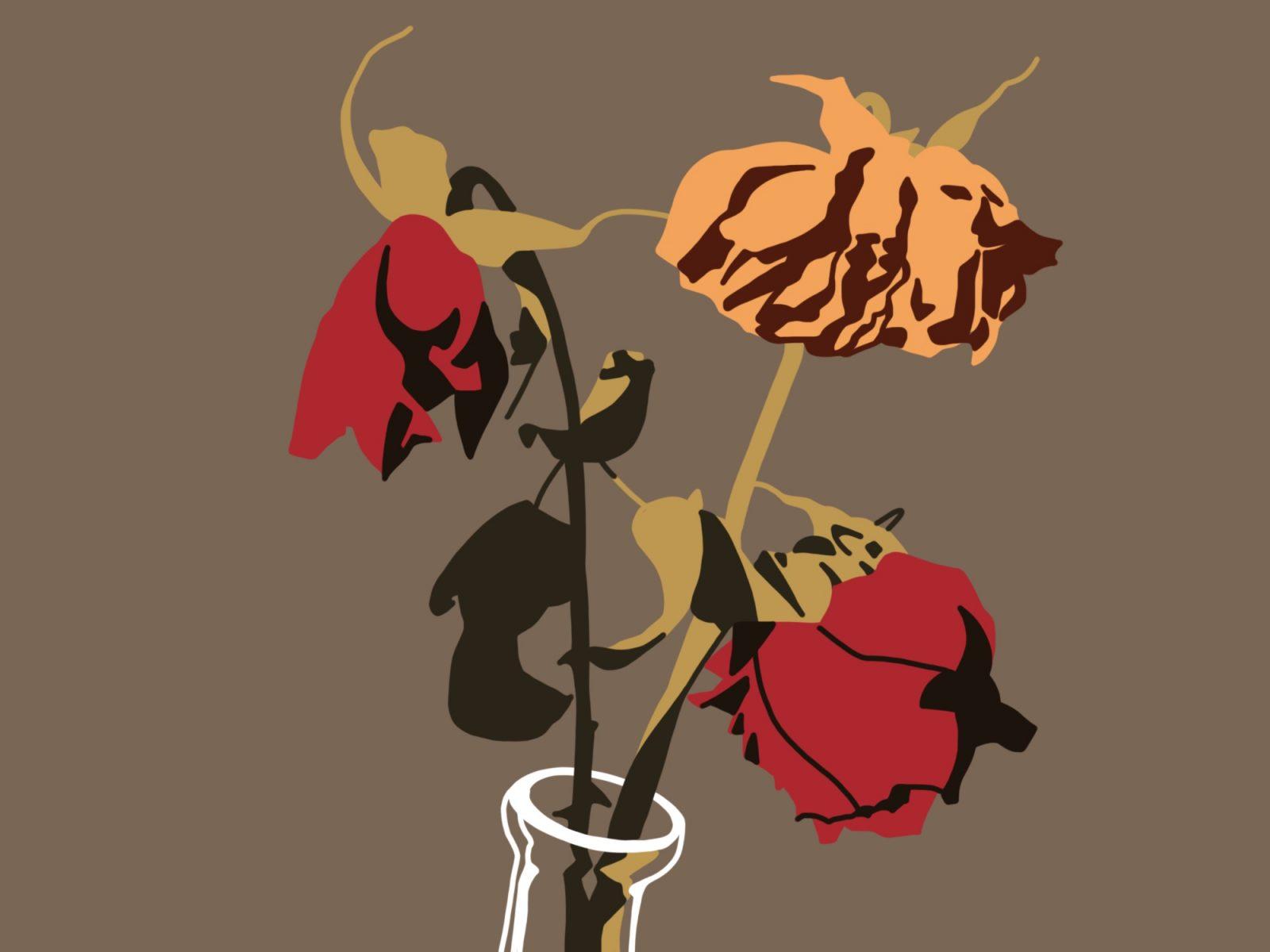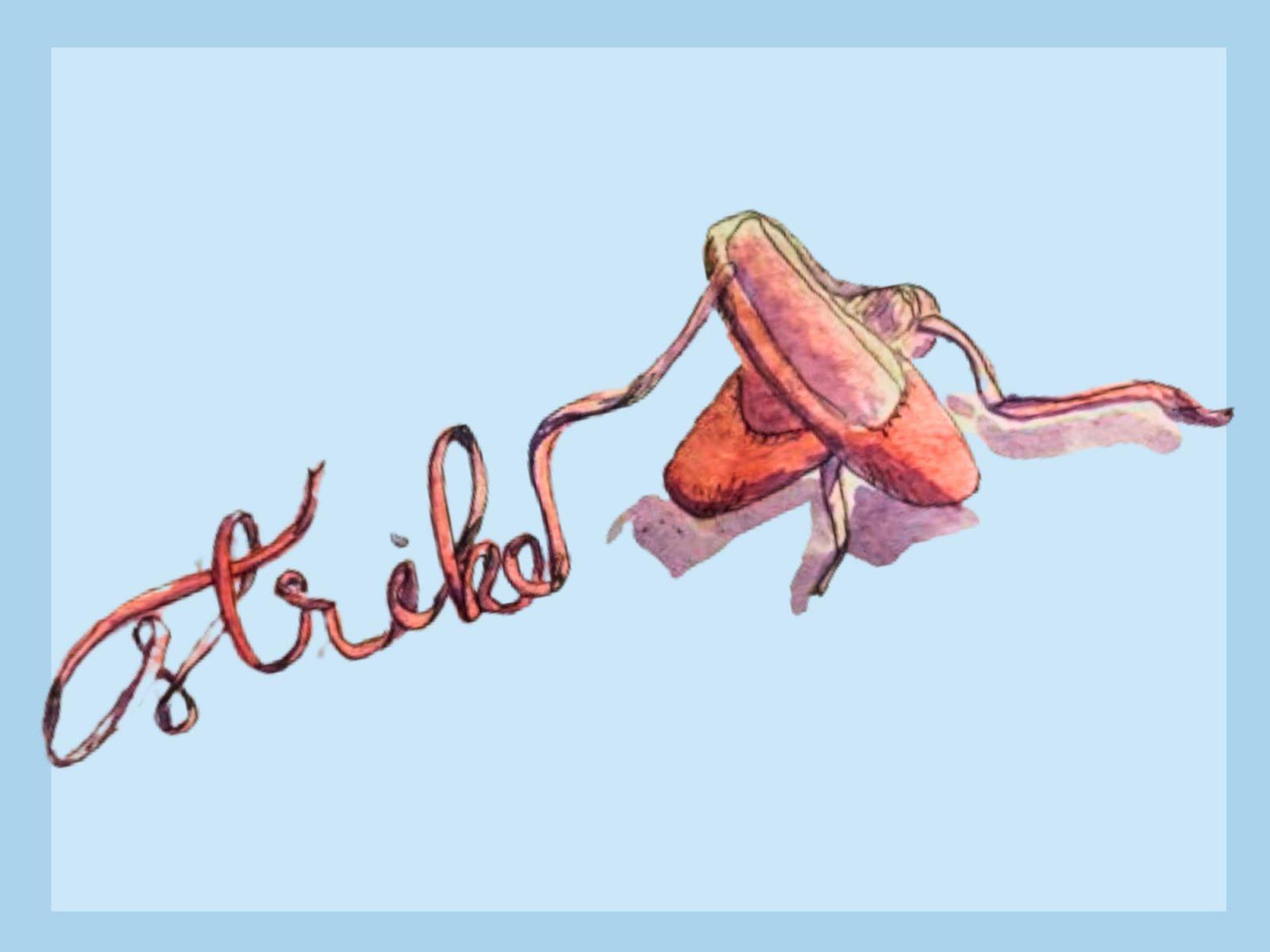It’s now late October, and the only thing scarier than Halloween is the workload.
We’re right in the heart of midterms — or if you’re in the College of Communication, you may be drowning in deadlines. Despite checking off one thing on the list, there are still a million other things to-do.
But what about the rare occasion when the to-do list is empty?
The other day, after my painfully stressful week came to a close, I found I had nothing that needed my imm ediate attention. The idea of taking some time to rest sounded glorious in my head —until I actually tried to do it. I laid in bed, closed my eyes and almost instantly opened them again.
ediate attention. The idea of taking some time to rest sounded glorious in my head —until I actually tried to do it. I laid in bed, closed my eyes and almost instantly opened them again.
Racing thoughts flooded my brain. Amidst the mental frenzy about what I didn’t do and what I needed to do, I felt an overwhelming sense of guilt for not doing anything productive.
That entire week, the stress was so immense that my Apple Watch thought I was exercising when I actually wasn’t, three separate times. I struggled to get my resting heart rate to go down, and the minute I finally settled it by taking a break, the feeling was so foreign that my body set off an internal panic alarm.
At that point in time, I knew I was addicted to stress as a certified workaholic, which in turn made me more stressed. Charlie Brown once said, “My anxieties have anxieties,” and if that isn’t the most accurate statement I’ve ever heard, I don’t know what is.
Even though I felt guilty for relaxing, I still knew it was wrong to feel bad about taking care of myself. And if I’m anything in life, I’m an overthinker. So, naturally, this caused me to worry about the effects of my stress like premature aging and brain fog. My anxieties truly did — and still do — have anxieties.
So what is the root cause of my workaholism? Well, I hate to say it, but the ultra-career-driven culture of Boston University certainly does not help.
Part of what drew me to BU in the first place was its prestige and the ability to set its students up for success. I’ve had the privilege of being part of amazing organizations and taking classes with renowned professors. Indeed, the environment I’m in helped me find direction in what I want to do in life. But I also think it’s crushed me within the confines of career obsession.
It’s safe to say that I’m not the only one who has met people who’ve already had four internships by the time they reach junior year. You also have individuals who are on the e-board of at least five organizations and simultaneously started a non-profit.
And just when I think I am stretching myself too thin with all of the organizations I’m already a part of, I fall victim to imposter syndrome. It gets to the point where everything I do feels like it’s not enough, and I impulsively add on more. But how long can I carry this load until I break?
The workaholism stemming from the competitiveness at BU is not sustainable. Career obsession is certainly a given when you go to a prestigious school like BU, but that doesn’t make it any less dangerous.
I hate to break it to even the toughest of workaholics, but everyone has a breaking point. However, it manifests differently for every person, whether that’s having a full-on breakdown or feeling the need to run a marathon to blow off some steam.
It is great to be career-driven, most BU students — including myself — are. But it’s important to recognize when the line bordering obsession is crossed. It’s also important to see that it’s okay to have a limit.
Part of the guilt I felt last week stemmed from shame for thinking I had too much on my plate. I hadn’t seen any stress radiating from my peers, and I felt weak for having limits and being a human being.
However, I realize how important it is to remain human, especially in COM. We’re taught the best stories aim for the heart, which is not possible if there isn’t a human being holding the pen or the camera. If the people we write stories about are allowed to express emotion, why are we the exception?
Having limits and the ability to be vulnerable allows us to empathize with others. The more you understand how one is feeling, the more dimension your story will have and the better journalist you’ll be. As BU Professor Brian McGrory made very clear in his newswriting class, empathy is the most important attribute that a journalist can have.
I’ll add one more thing to his principle, I say empathy is the most important thing a human can have.




















































































































